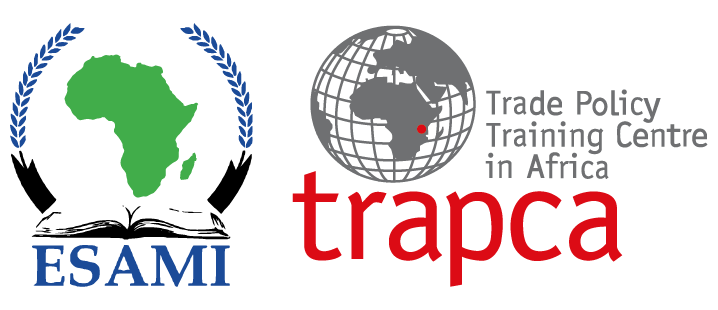Statement of need
A sound competition policy, along with a good competition law regime helps in fostering competition, economic efficiency, consumer welfare, investment and freedom of doing business. This course is therefore designed to inculcate the necessary knowledge and skills among the participants to deal with the issues relating to anticompetitive agreements, abuse of dominance, exclusion as well as exploitative practices, enforcement of competition law against anticompetitive agreements and addressing bottlenecks to completion enforcement in Sub-Saharan Africa. In light of the coming into effect of the AfCFTA Agreement and its various Protocols, the importance of competition policy and law cannot be overemphasized. At the national level, the importance of competition policy has increased, particularly in recognition of the need to ensure that SMEs thrive and continue to contribute in national economies.
Further, because regional agreements hold an important potential to overcome the main obstacles in the enforcement of competition laws, the course will also examine the national and regional competition regimes from the policy and legal perspective. It will review the rationale behind the setting up of competition policy institutions at national, regional and international levels. It will further consider cooperation in the sphere of competition law and policy, regional cooperation in combating anti-competitive practices as well as enforcement of competition policies and laws.
Course objectives
At the end of the course, participants will be able to:
Content
Target group
Officials from Trade and Trade Related Ministries and parastatals, officials from Regional Economic Communities, Negotiators, and Regional Integration Practitioners. Private sector player in transport and logistics
Duration
2 Weeks
Venues
a) Venue 1: Nairobi, Kenya
Date: 6 – 17 May 2024
b) Venue 2: Arusha
Date: 5 – 16 August 2024
Course Fees
$1,600
